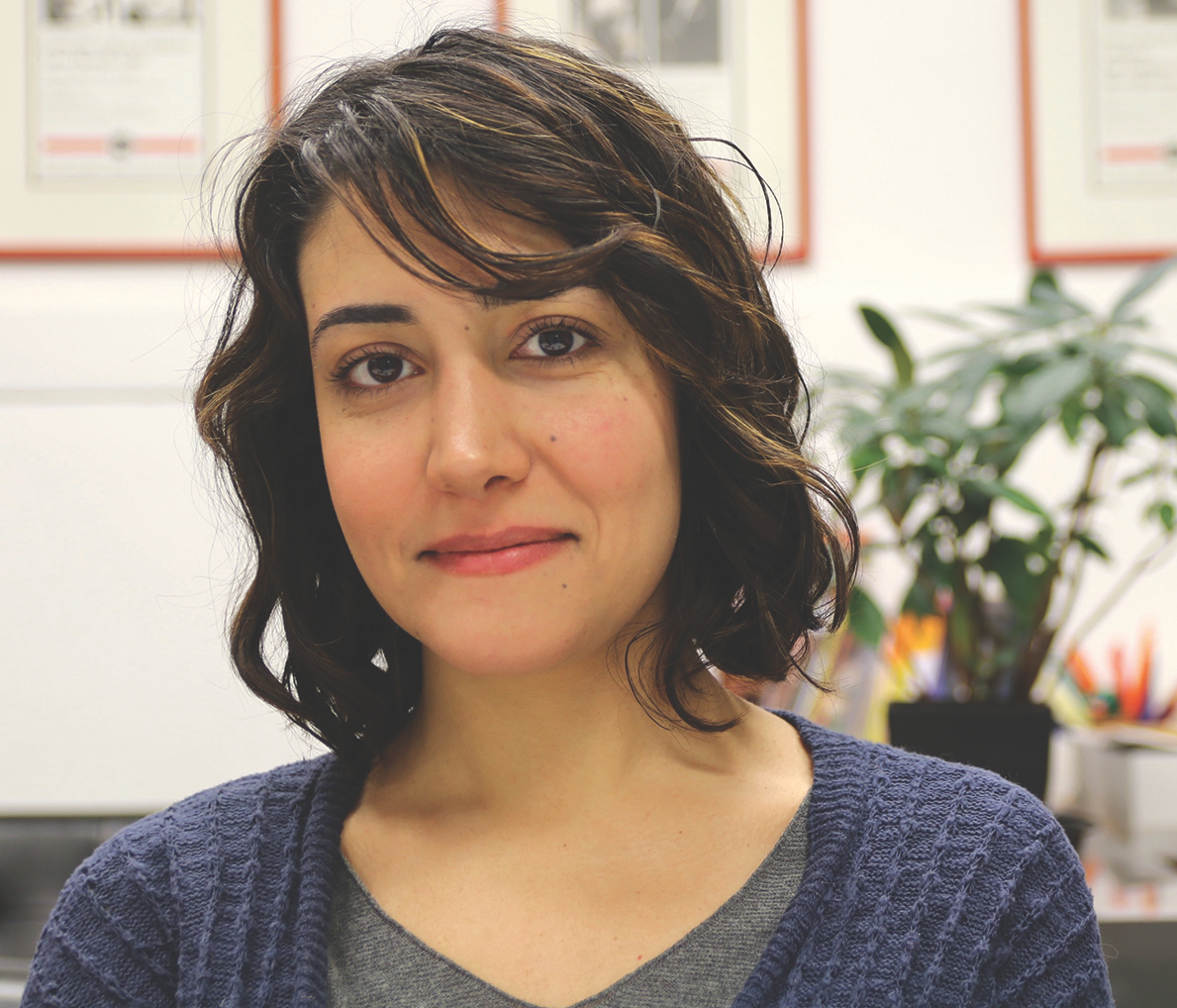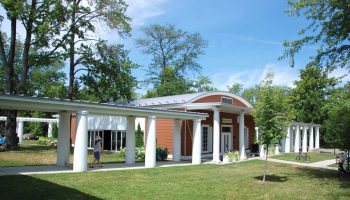The connections we make — with others, with ourselves, with the world — are magical and fleeting.
We can’t control if and when they happen, and we certainly can’t control how long they last. But that doesn’t make them any less impactful.
At 3:15 p.m. Thursday in the Athenaeum Hotel Parlor, four Studio Artists from the Chautauqua Opera Company’s Young Artist Program, along with accompanist Miriam Charney, will present selections that explore the nature of connections and their sometimes unsettling, often fleeting, and always powerful influence on us. Take, for example, baritone Frank Rosamond.
“As I was working on this piece,” Rosamond said, “one of my best friends passed away.”
Rosamond was an undergrad at Southern Methodist University at the time. He was practicing a song cycle by composer Robert Owens that was set to text by poet Langston Hughes. As it turned out, Owens was scheduled to come to SMU as a guest composer-in-residence. Rosamond’s teacher, Barbara Hill Moore, introduced Rosamond to Owens.
“He and I talked about how he wrote these pieces and how it’s very difficult to sing these pieces without having some concept of loss,” Rosamond said.
Having just endured the loss of his friend, Rosamond discovered a connection that was much stronger than he’d anticipated, not only with the friend he’d lost, but also with Owens’ song cycle.

“We ended up talking for a couple hours about loss and being human,” said Rosamond, who will sing Owens’ cycle Thursday, “and really giving yourself over to the songs and art in general as a way to cope and to heal.”
Soprano Rebekah Howell sat in a concert hall in Prague and listened to one of her favorite performers, coloratura soprano Edita Gruberová, sing “Villanelle,” a song that Howell said is not performed with much frequency.
The text of “Villanelle” describes a bird flying to the land of hope, Howell said, and how the writer wants to follow the bird, to connect with it and to follow it to that place.
“It’s a very hopeful song and for me to see one of my favorite performers, someone who has been a huge inspiration to me as a performer, sing that piece was like ‘I want to do that,’ ” Howell said.
As a whole, the pieces Howell will present, including “Villanelle,” run the gamut of experiencing connection in all its many flavors.
“It’s an explorative set of ‘There was a connection there, and now it’s not there,’ ” Howell said. “It’s something that we miss but hope for in the future.”
Howell will also be presenting the world premiere of Composer-in-Residence Gity Razaz’s third original composition of the season. The piece, set to the text of Edward Lear’s “The Broom, the Shovel, the Poker and the Tongs,” explores the challenging, if not comical, side of connecting through relationships.
For tenor Jacob Ryan Wright, his own connection to his work has grown slowly as the years have passed.
Wright first performed a number of the songs that he will present at the recital as a junior at the University of North Carolina-Greensboro.
“When I did these the first time, I was very young,” Wright said. “I remember coaching ‘The Sigh’ with a coach that was there and him slowly getting me to understand what it was about.”
As his understanding grew, so did his emotional connection to the poetry of Thomas Hardy. Even though it is written in English, Wright said the text can be hard to understand. So the guidance he received opened things up for him in a way he did not expect.
Revisiting the pieces again for the recital, Wright has found an entirely new sort of emotional connection to them. Years on from his first encounter with them, he holds a deeper appreciation for the ideas of fate, mortality and how the smallest changes in life can have the biggest impacts — themes that the pieces address.
From the birth of life and love, to the passage of time and the passage of life, there is a lot to connect to. So much so that Wright has, in a certain regard, stopped trying to define exactly what it means.
“I can’t even put into words the scope of it now,” he said.
Mezzo-soprano Chelsea Bolter continues to seek to connect to herself as an artist and a singer. In that seeking, another type of connection has formed.
“I don’t necessarily have a really clear idea of what my voice is,” Bolter said. “So I think contemporary music is a really great place for everyone to find a home.”
Bolter said that contemporary music doesn’t have “as many rules or traditions or structures” as classical music. For someone working to find where she fits, the connection to contemporary music and the opportunities it can afford is powerful.
“You can find a composer who works for you,” Bolter said. “That composer may write something that hasn’t been created yet that he or she can give to you and you can find a home.”
No matter how they come, no matter how long they remain, the connections we form allow us to do just that: find a home.




